Livestock farmers in Kenya’s arid and semi-arid lands (ASALs) are set to receive training and financing from KCB Foundation following a partnership with the United States Agency for International Development’s Kenya Investment Mechanism.
The partnership will train and equip farmers from ASALs with climate smart agricultural practices to mitigate against the dire impacts of climate change. The two-year partnership will mobilize KShs.100 million in financing for the farmers through strategic partners with a goal of growing the funding to KShs. 500 million.
The first year of the partnership will see KCB train bank staff on livestock financing. Additionally, at least 50 livestock cooperatives and farmers’ groups will receive technical support to increase their productivity.
Due to climate change, the recurrence and intensity of droughts has increased in Kenya, particularly affecting the ASALs, which now experience droughts almost on an annual basis.
The ongoing drought is the latest in an increasingly short cycle, leaving more than 2.5 million people on the brink of starvation and poverty. Pastoralists and farmers now have less and less time to recover.
USAID’s Kenya Investment Mechanism (KIM) will support the design and improvement of suitable financing products for livestock value chain players, with the objective of enhancing lending to the livestock sector and providing linkages to other USAID programs that can enhance smallholder farmers’ productivity.
READ ALSO>>10,000 Farmers to Get Loans in Ksh100M Faulu Bank, USAID Deal
Speaking during the Memorandum of Understanding (MoU) signing, KCB Head of Foundation Caroline Wanjeri said: “The partnership is aligned with our commitment to enhance sustainable agricultural practices in ASALs, to improve their commercial viability and livestock value chain by enhancing access to credit and markets, leading to better income opportunities.”
“The training of KCB staff on livestock financing will enable the bank to identify better ways to support smallholder farmers, who would otherwise be considered high risk. By working through farmer producer organizations, we are able to reach more farmers, improve their commercial practices, enhance access to credit and bring in value-addition,” she added.
KCB Foundation supports smallholder farmers through its enterprise development programme that works with Farmer Producer Organizations (FPOs) focusing on four value chains: meat, dairy, apiculture, and aquaculture.
On her part, Kenya Investment Mechanism’s Deputy Chief of Party Dr. Grace Mwai noted that “We work through strategic partnerships with local partners such as the KCB Foundation to enhance our private capital mobilization efforts for the agricultural sector.”
“Partnerships with institutions like KCB Foundation are critical in transforming the market. The collaboration we have established with the Foundation will go a long way in unlocking financing for the livestock sector in the meat, milk, honey, and fish value chains.”
Kenya Investment Mechanism is a five-year USAID project aimed at unlocking private finance and investment for key sectors of Kenya’s economy, including agriculture. This is in line with the reality that agribusinesses and smallholder farmers must deal with the challenges caused by chronic underinvestment in the sector.
Last month, the KCB Foundation launched a KSh. 14.6 million Livestock Identification and Tracking System (LITS) programme across three counties; Taita Taveta, Kajiado, and Laikipa to enhance the market for local and international trade in animals and animal products and improve the security of animal assets.
In January this year, the foundation set aside Ksh. 50 million to support over 5,000 farmers in the form of working capital and asset-based financing from 20 counties in the livestock value chain.
The first phase of the programme is under implementation in 10 counties: Laikipia, Baringo, Samburu, Taita Taveta, Narok, Kajiado, Mombasa, Kwale, Kilifi, Marsabit. The second phase of the programme will roll out in Isiolo, Wajir, Tana River, Lamu, Garissa, Turkana, West Pokot, Busia, Mandera and Kitui.

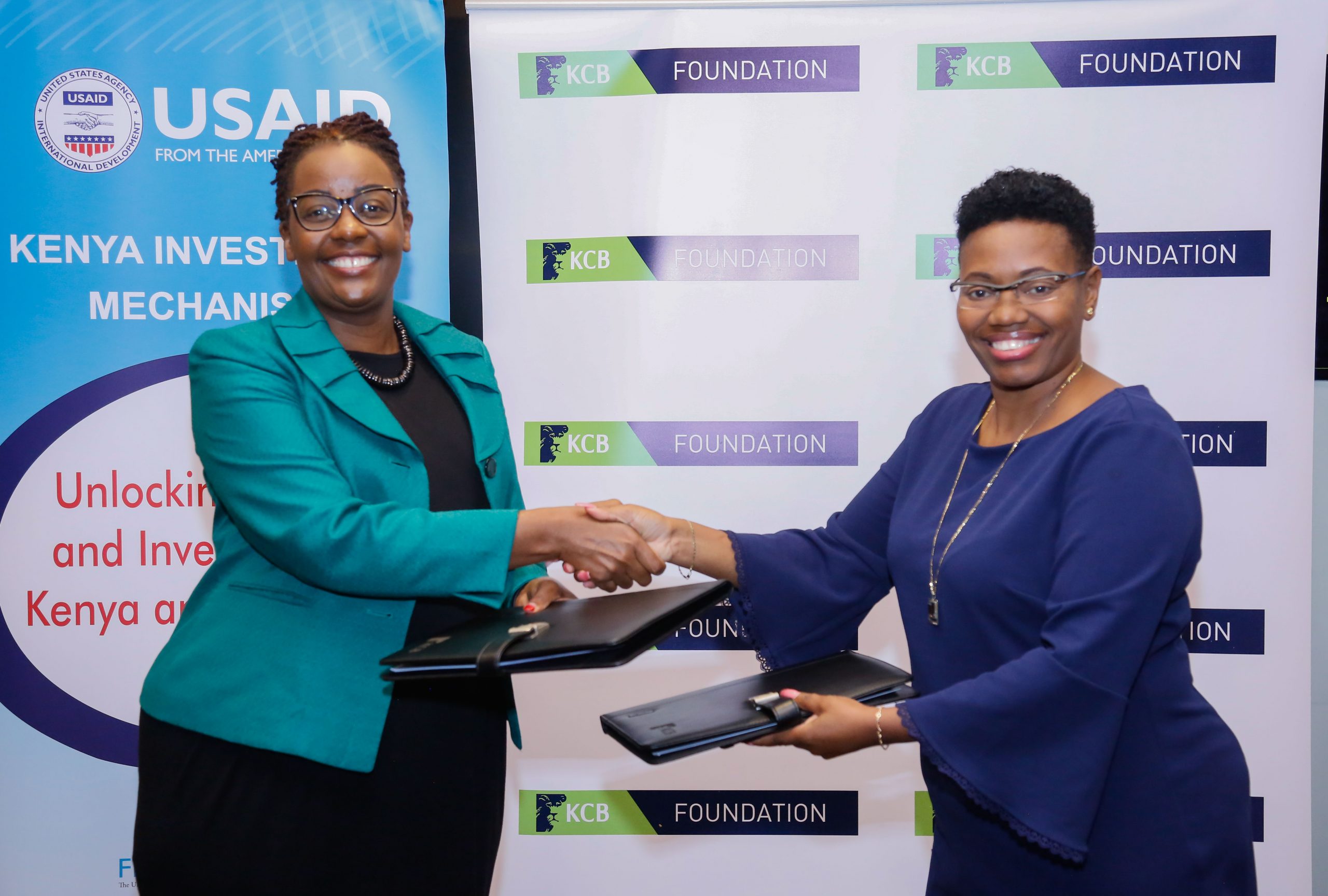
![Jimmi Gathu in a scene from the show Kina. He is a celebrated media personality and actor in Kenya. [Photo/ Showmax]](https://businesstoday.co.ke/wp-content/uploads/2022/04/images-50-150x150.jpeg)



![President William Ruto during the launch of Climate WorX in Nairobi. [Photo/PCS]](https://businesstoday.co.ke/wp-content/uploads/2024/10/President-William-Ruto-during-the-launch-of-Climate-WorX-in-Nairobi-1-e1727761613802.png)


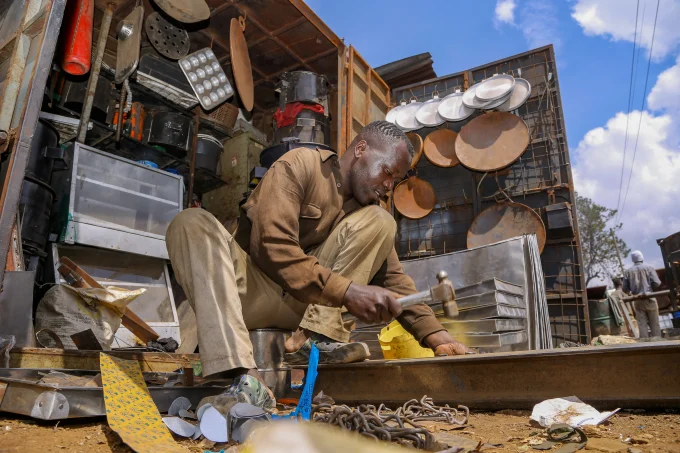
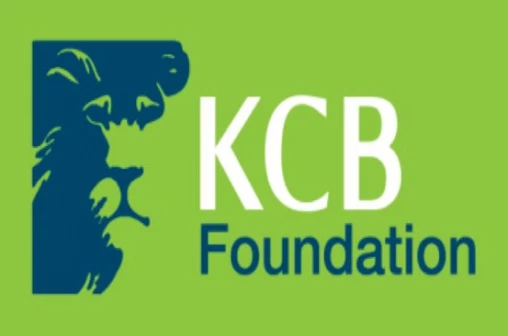
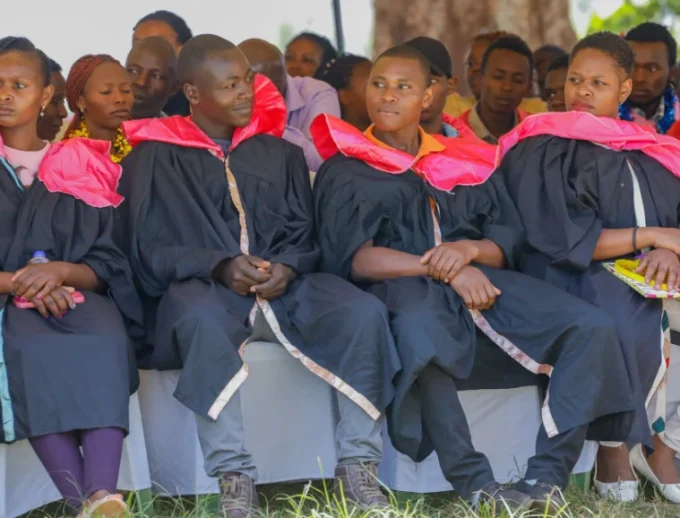
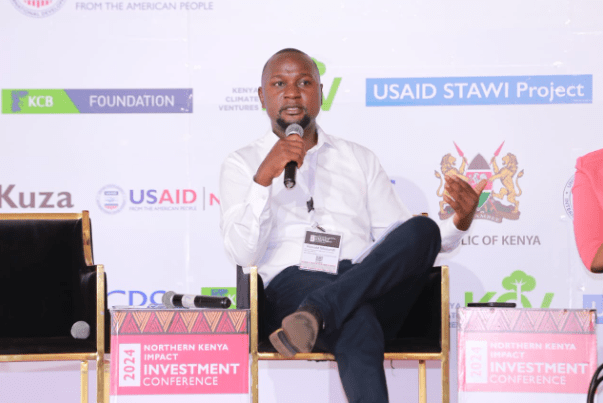
Leave a comment